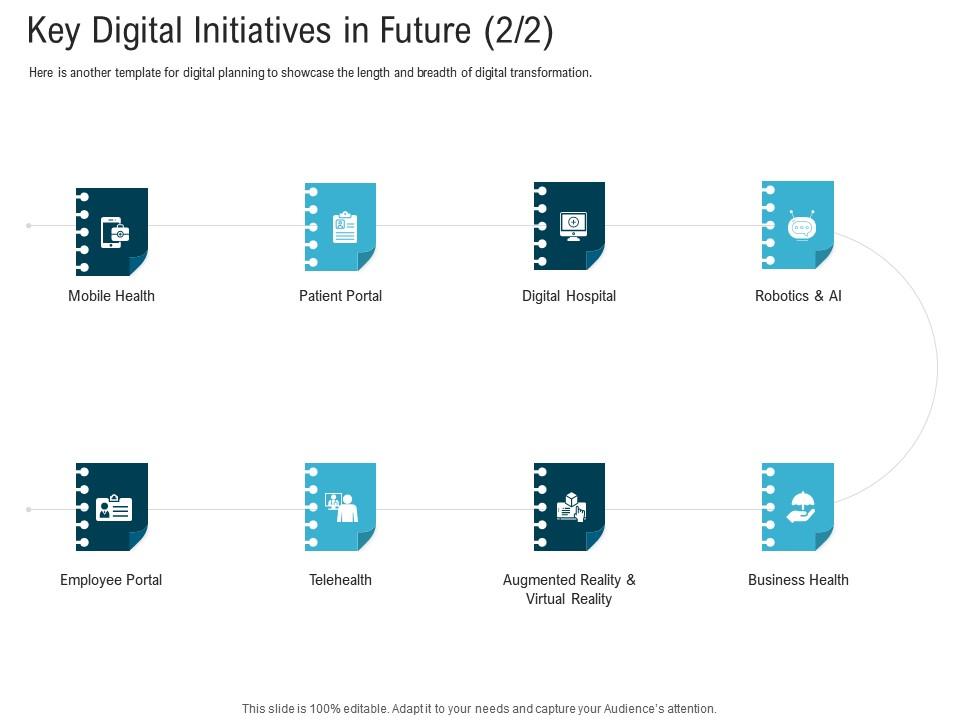Understanding the Health Needs of Elderly Persons
Introduction
As individuals age, their health needs undergo significant changes, necessitating tailored care and attention. Understanding these evolving health requirements is paramount in ensuring the well-being and quality of life of elderly persons. In this article, we delve into the intricacies of elderly health needs, exploring key considerations and strategies for addressing them effectively.
Physical Health
One of the primary concerns for elderly individuals is maintaining optimal physical health. With advancing age, the body undergoes various changes, increasing susceptibility to chronic conditions and age-related ailments. Common health issues among the elderly include cardiovascular disease, arthritis, osteoporosis, and diabetes. It is essential to prioritize preventive measures, such as regular exercise, a balanced diet, and routine medical check-ups, to mitigate the risk of these conditions and promote overall physical well-being.
Mental Health
In addition to physical health, mental well-being plays a crucial role in the overall quality of life for elderly persons. Aging is often accompanied by psychological challenges, including loneliness, depression, and cognitive decline. Social isolation, loss of independence, and bereavement can exacerbate these issues, highlighting the importance of fostering meaningful social connections and providing adequate support services. Implementing mental health interventions, such as therapy, cognitive stimulation activities, and community engagement programs, can significantly enhance the emotional resilience and psychological vitality of elderly individuals.
Functional Independence
Maintaining functional independence is a fundamental aspect of elderly health and vitality. As individuals age, they may experience limitations in mobility, sensory function, and activities of daily living. Preserving autonomy and dignity requires comprehensive support systems that address these functional impairments effectively. Accessible housing, assistive technologies, and caregiver assistance can facilitate independent living and enable elderly persons to remain actively engaged in their communities.
Chronic Disease Management
Chronic diseases are prevalent among the elderly population and often require long-term management and care. Effective disease management strategies encompass regular monitoring, medication adherence, lifestyle modifications, and patient education. Healthcare providers play a critical role in coordinating care and implementing evidence-based interventions to optimize health outcomes and minimize disease complications. Additionally, empowering elderly individuals to actively participate in their healthcare decisions promotes a sense of control and self-efficacy in managing their chronic conditions.
Holistic Care Approach
Recognizing the multidimensional nature of elderly health needs, a holistic care approach is essential for comprehensive and personalized support. This approach integrates medical, social, psychological, and environmental factors to address the diverse needs and preferences of elderly individuals. Collaborative care teams comprising physicians, nurses, social workers, therapists, and caregivers collaborate to develop individualized care plans that prioritize holistic well-being and quality of life.
Healthcare Access and Equity
Access to healthcare services is a critical determinant of health outcomes for elderly persons. Unfortunately, disparities in healthcare access and utilization persist among older adults, particularly among marginalized and underserved populations. Addressing these disparities requires concerted efforts to improve healthcare infrastructure, expand insurance coverage, and enhance cultural competency among healthcare providers. By promoting equitable access to quality healthcare, we can ensure that all elderly individuals receive the care and support they need to thrive.
Conclusion
In conclusion, understanding the health needs of elderly persons is essential for promoting optimal aging and well-being. By prioritizing physical health, mental well-being, functional independence, chronic disease management, holistic care approaches, and healthcare access and equity, we can create supportive environments that empower elderly individuals to live fulfilling and dignified lives. Through collaborative efforts from policymakers, healthcare providers, caregivers, and communities, we can address the evolving health needs of aging populations and enhance the quality of life for elderly individuals worldwide. Read more about what are the health needs of elderly persons





